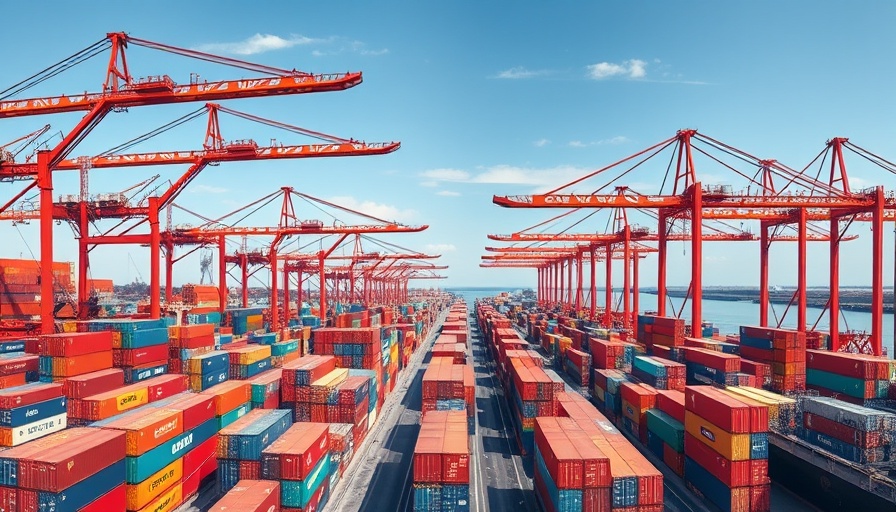
The U.S. Trade Deficit: A Call for Economic Simplicity
The U.S. trade deficit has reached alarming levels, raising questions about the current economic strategies being employed. Recent discussions suggest that the complexities of do-it-yourself economics may not be the best way forward. Instead, a return to basic economic principles could provide a clearer path to stability and growth.
The Consequences of Tariffs and Complex Policies
In recent years, tariffs have played a significant role in shaping U.S. trade policy, especially under the Trump administration. While implemented with the intent to protect domestic industries, these tariffs have often created more complications than solutions. Trade experts warn that the resultant increase in prices for consumers and retaliatory tariffs from other countries can further aggravate the trade deficit rather than alleviate it.
The Importance of Understanding Trade Basics
Business professionals should anchor their approach by revisiting fundamental economic concepts. Understanding how trade works—essentially a balance of imports and exports—can help clarify both the challenges and opportunities present in today's economy. By focusing on enhancing the competitiveness of local industries, policy makers can foster a more favorable trade balance that benefits all.
Future Economic Myths and Misconceptions
Notably, there exists a misconception that reducing the trade deficit is a one-step process, which is far from the truth. Achieving a sustainable trade balance requires collaborative efforts across various sectors, including local businesses, tech industries, and the real estate market. Real growth comes from diversifying production and enhancing exports, aligning with sustainability goals, and fostering innovation in business practices.
Actionable Insights for Business Professionals
For businesses looking to navigate the complexities of the current trade environment, focusing on consumer behavior trends is crucial. Understanding the needs and preferences of customers can drive growth strategies that align with economic conditions. Companies should integrate sustainable practices, not just to comply with regulations but to create value that resonates with modern consumers.
Conclusion: Embracing a Balanced Economic Approach
The U.S. trade deficit provides a critical lens through which to examine economic policies. By stripping away the complexities and returning to fundamental economic principles, businesses can craft strategies that ensure growth and resilience in an ever-evolving market. It’s essential for business professionals to embrace these insights, making informed decisions that support their operations and contribute to the broader economy.
 Add Row
Add Row  Add
Add 



Write A Comment